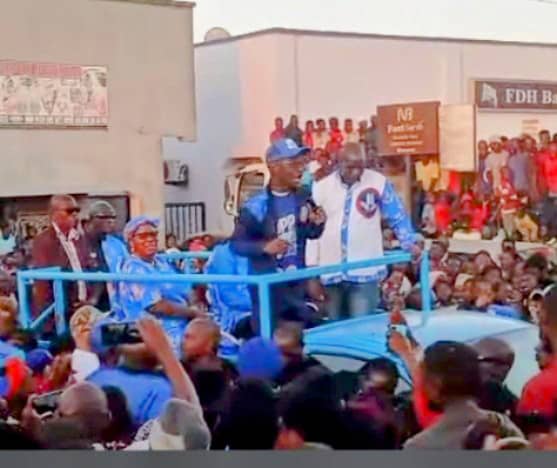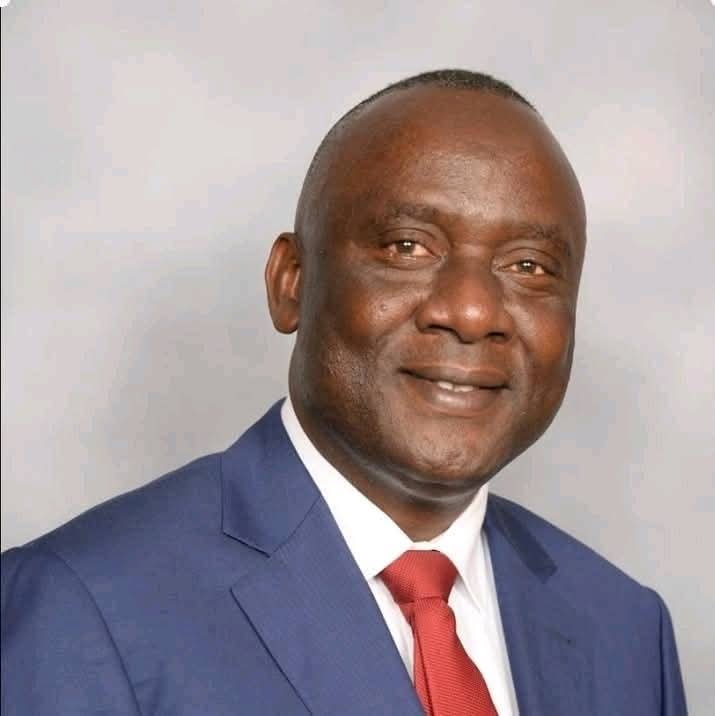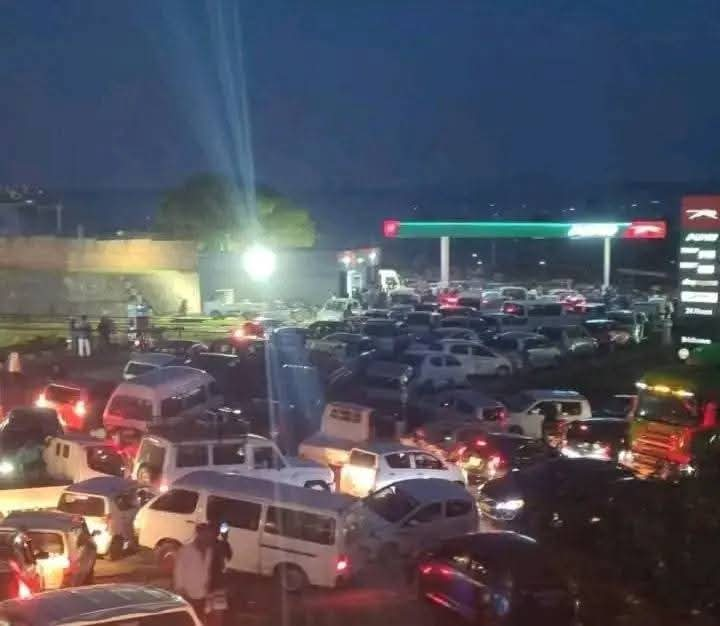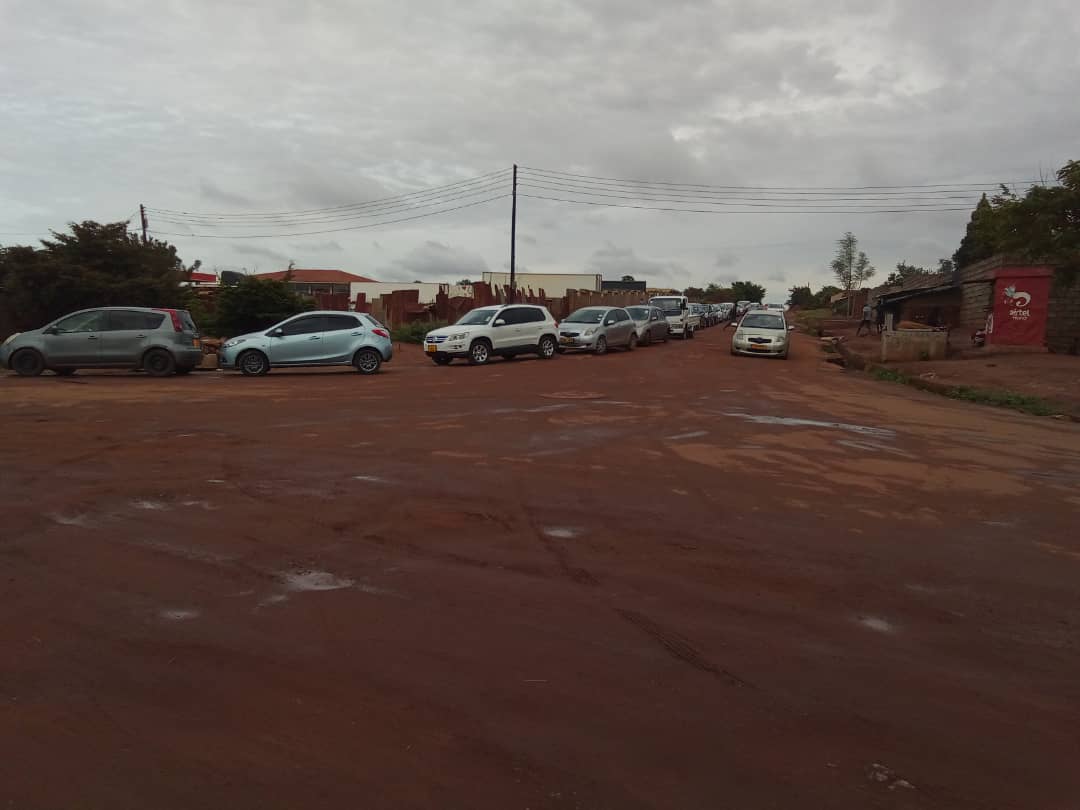By Burnett Munthali | Malawi Freedom Network
Democratic Progressive Party (DPP) Member of Parliament for Thyolo Central, Ben Phiri, has intensified his criticism of the Lazarus Chakwera administration, describing the government’s Tsogolo Account as evidence that it has run out of innovative ideas to transform Malawi’s economy.
Speaking at a high-energy campaign rally on Tuesday, 12 August 2025, Phiri asserted that the initiative was, in essence, a “childbirth competition” designed to encourage more children without corresponding plans to improve the economic environment in which they would be raised.
The Tsogolo Account is a social program introduced by the government as a form of financial savings account for children, with state contributions aimed at supporting their future needs.
While the government promotes it as a long-term investment in Malawi’s youth, critics like Phiri argue that the policy has been poorly timed and inadequately structured in a country already grappling with high poverty rates, underfunded public services, and chronic unemployment.
Phiri argued that such a scheme risks being a populist handout rather than a genuine development tool, especially in the absence of robust policies to strengthen education systems, expand job opportunities, and grow the national economy.
He went further to question whether encouraging higher birth rates in an already resource-constrained country aligns with Malawi’s broader development priorities.
“Is childbearing really what you want to prioritize in your lives?” Phiri asked residents of Thyolo, drawing loud applause from the crowd.
He urged registered voters to critically assess whether President Chakwera’s administration has the vision and capacity to deliver tangible, long-term improvements, or whether it has resorted to symbolic gestures in an attempt to maintain public approval.
Phiri’s critique tapped into a broader sentiment among sections of the electorate who feel that the government’s economic agenda is reactive, short-term, and more focused on electoral optics than structural transformation.
During the rally, he warmly welcomed the DPP’s running mate, Vice President Dr. Jane Ansah, who joined the event to rally support for the party’s 2025 campaign.
Her presence underscored the DPP’s attempt to position itself as a credible alternative to the Chakwera-led Malawi Congress Party (MCP), framing the coming election as a referendum on the ruling party’s economic stewardship.
From a political strategy perspective, the Tsogolo Account presents both a vulnerability and an opportunity.
For the MCP, it could be marketed as a visionary investment in human capital, appealing to parents and guardians who see tangible benefits for their children.
For the opposition, however, it is an easy target — a symbol of misplaced priorities in a country facing acute food insecurity, dilapidated hospitals, failing infrastructure, and high youth unemployment.
The policy’s framing could therefore become a decisive factor in shaping voter sentiment ahead of the elections.
If the DPP and other opposition parties succeed in painting the Tsogolo Account as an expensive distraction from Malawi’s real challenges, it could erode the MCP’s credibility on economic management.
On the other hand, if the MCP can effectively demonstrate that the program is part of a broader, integrated economic plan — tied to education, skills development, and job creation — it could neutralize the attack and even turn the narrative in its favor.
In conclusion, the Tsogolo Account debate is more than a disagreement over social policy; it is a battle over political vision, national priorities, and the very definition of development in Malawi.
The outcome of this debate could sway undecided voters and ultimately influence who occupies State House after the 2025 elections.




